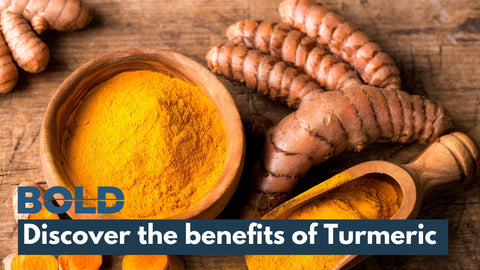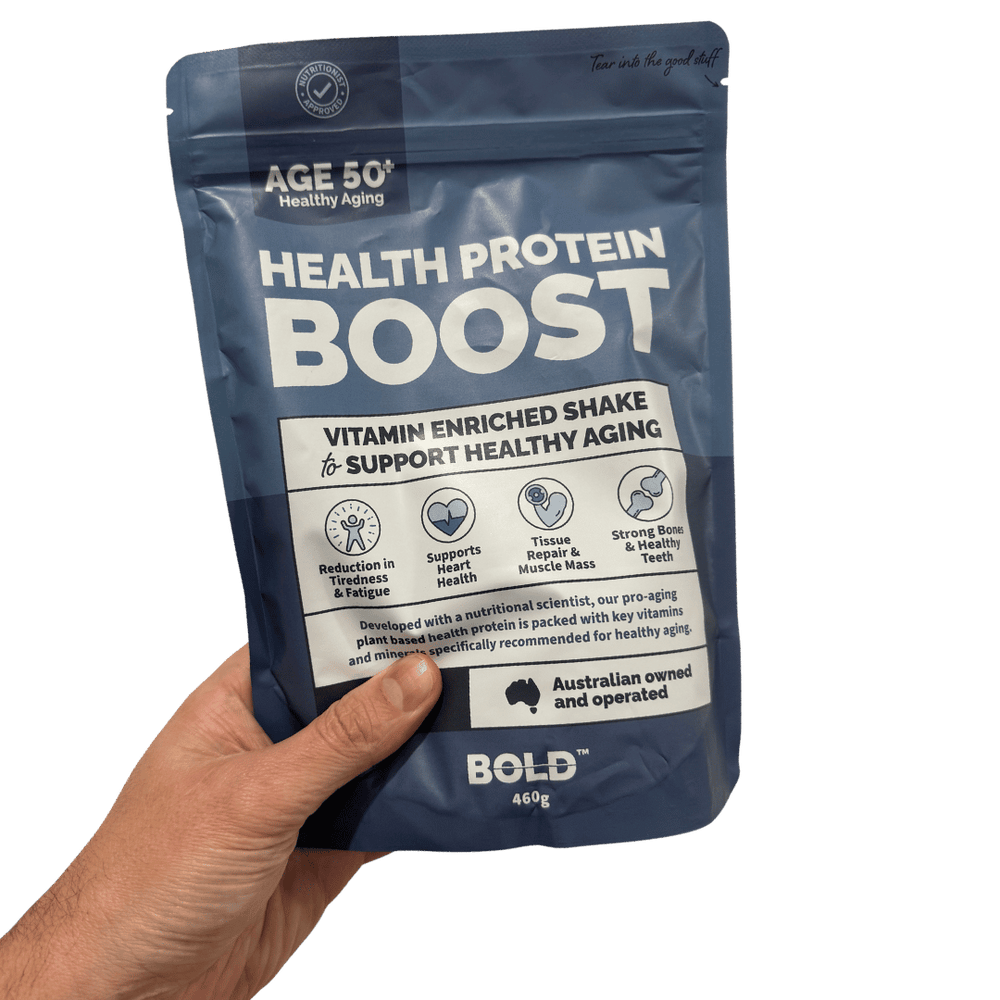The 5 Science-Backed Benefits of Turmeric
Getting To Know Curcumin: The Mighty Molecule

Introduction
Turmeric, the vibrant yellow spice often found in Asian cuisine, has gained substantial attention for its potential health advantages. While it has been an integral part of traditional medicine for centuries, modern scientific research has explored the many attributes of this golden spice. In this article, we delve into five well-established benefits of turmeric, supported by extensive science.
1. Anti-Inflammatory Properties
One of the most widely recognised benefits of turmeric stems from its robust anti-inflammatory properties, primarily attributed to its active compound, curcumin. Chronic inflammation is known to underlie numerous chronic diseases, such as heart disease, cancer, and neurodegenerative disorders.
Several scientific investigations have consistently demonstrated curcumin's ability to inhibit key molecules involved in the inflammatory process. This suggests that turmeric may play a vital role in managing chronic inflammation and mitigating the risk of associated diseases.
2. Antioxidant Activity
Turmeric is a rich source of antioxidants that can counteract harmful free radicals within the body. These free radicals can inflict damage to cells and contribute to the development of various diseases, as well as the aging process.
Scientific studies have highlighted curcumin's impressive antioxidant potential, which not only provides protection but also holds therapeutic promise against disorders linked to oxidative stress.
3. Support for Joint Health
Arthritis is a common condition associated with joint pain and reduced mobility. Research has investigated the potential of turmeric to offer relief to individuals dealing with arthritis.
Studies have indicated that curcumin supplementation can significantly alleviate symptoms in individuals suffering from osteoarthritis. This includes reductions in pain and improved joint function, suggesting that turmeric may complement conventional arthritis management.
4. Cardiovascular Benefits
Maintaining heart health is paramount, and turmeric may contribute to cardiovascular well-being. Multiple studies have examined the impact of curcumin on various aspects of heart health.
Studies have indicated that curcumin supplementation can positively affect cardiovascular risk factors, such as cholesterol levels and blood pressure. While further research is warranted, these findings hold promise.
5. Cognitive Support
Many of us are concerned about cognitive decline as we age. Curcumin's potential to bolster cognitive health has attracted scientific interest.
Studies have explored the effects of curcumin on cognitive function in older adults. Findings from some of these have demonstrated positive enhancements in memory and attention among those taking curcumin, suggesting a possible role in preserving cognitive wellness.
Conclusion
The growing body of scientific research underscores the potential health benefits of turmeric. From its potent anti-inflammatory and antioxidant properties to its potential contributions to joint health, heart health, and cognitive well-being, turmeric continues to exhibit promise in numerous scientific studies.
While turmeric is generally safe when used as a spice in cooking, individuals considering turmeric supplements for specific health purposes should seek guidance from a healthcare professional, especially if they have underlying medical conditions or are taking medications. Turmeric supplements may interact with certain drugs and may not be suitable for everyone.
Incorporating turmeric into your diet can be a flavourful and health-conscious choice. Whether you sprinkle it onto your dishes or savour it in a warm cup of turmeric tea, this golden spice may offer a bright addition to your well-being.
Did you know that turmeric is one of the active ingredients in Bold? Want to know more about the benefits of Bold, why not head over to our Benefits page here.
----------------------------------------------------------------------------------------------------------
Medical Disclaimer
The information provided in this blog post is for general information only, it is not intended as medical advice. For medical advice please consult with a qualified medical professional who is familiar with your individual medical needs.


